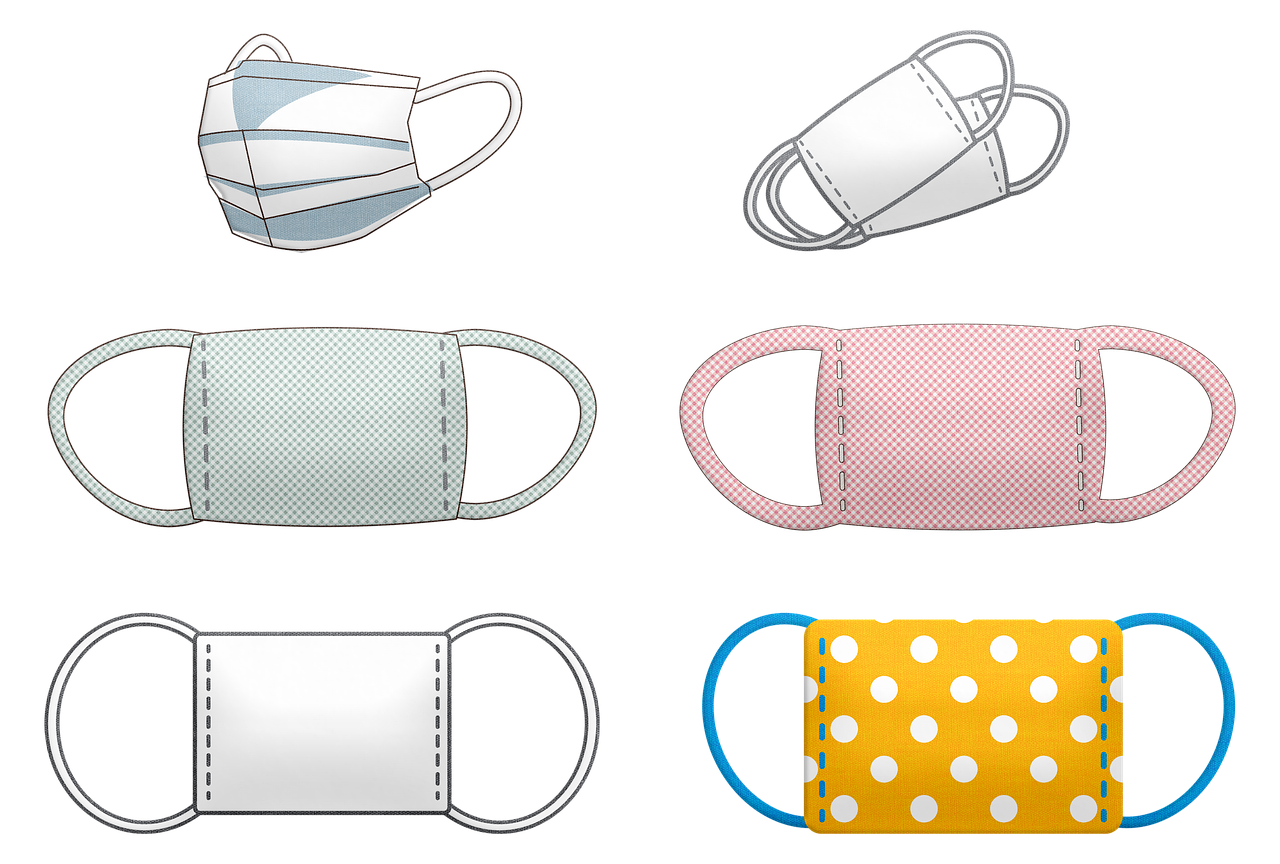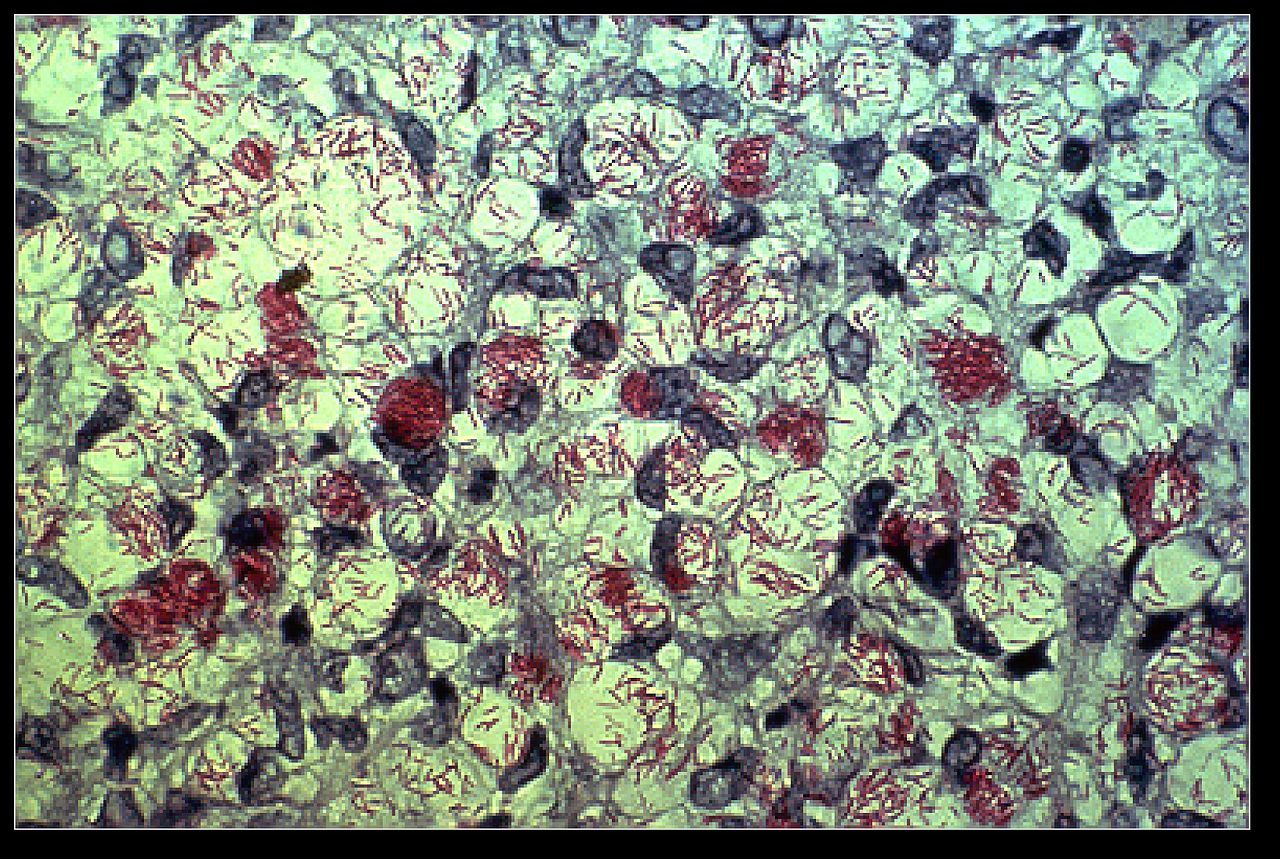Merck, a leading science and technology company, today announced that the Japan Patent Office and the Intellectual Property Office of Singapore have each allowed the company’s patent application for the use of paired CRISPR nickases, bringing Merck’s number of patents to 22 worldwide.
“Paired nickases represent a significant step in increasing specificity through a highly flexible and efficient approach to reduce off-target effects in gene editing,” said Udit Batra, member of the Merck Executive Board and CEO, Life Science. “Merck’s technology improves CRISPR’s ability to fix diseased genes while not affecting healthy ones, therefore improving the accuracy of potential gene therapy treatments.”
These patents cover a foundational CRISPR strategy in which two CRISPR nickases are targeted to a common gene target and work together by nicking or cleaving opposite strands of a chromosomal sequence to create a double-stranded break. This process can optionally include an exogenous or donor sequence for insertion in the same manner as Merck’s patented CRISPR integration technology. The requirement of two CRISPR binding events greatly reduces the chances of off-target cutting at other locations in the genome.
In addition to Japan and Singapore, Merck has CRISPR-related patents in the following regions: Australia, Canada, China, Europe, Israel, South Korea, and the U.S. The company was awarded its first foundational patent in Australia covering CRISPR integration in 2017, and its first U.S. CRISPR patent for proxy-CRISPR in 2019.
Merck has been at the forefront of innovation in the field for 15 years, with experience spanning from discovery to manufacturing. As both a user and supplier of genome-editing technology, Merck supports research with genome editing under careful consideration of ethical and legal standards.
The company established an independent, external Bioethics Advisory Panel to provide guidance for research in which its businesses are involved, including research on or using genome editing. Merck has also defined a clear operational position considering scientific and societal issues to inform promising therapeutic approaches for use in research and applications.
If you liked this article, then please subscribe to our YouTube Channel for the latest Science & Tech news. You can also find us on Twitter & Facebook.



